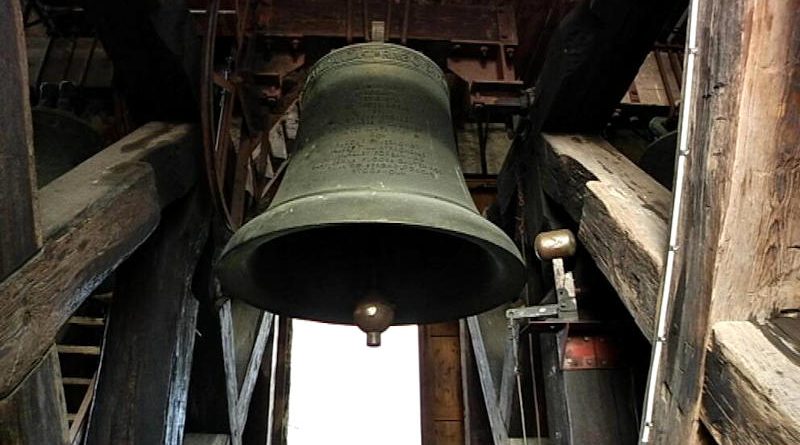Perché si dice “stare in campana”?
“Stare in campana” è una curiosa espressione per dire di stare attenti, ma da cosa è nato questo modo di dire.
Quante volte vi hanno detto di stare in campana quando da piccoli attraversavate la strada o andavate in bicicletta? Oppure quante volte lo avete detto ad un vostro amico che si stava imbarcando in una nuova avventura?
“Stare in campana” significa infatti stare in guardia, fare più attenzione del normale, un ammonimento che viene fatto a fin di bene, ma quale è la sua origine?
La vita della comunità nei paesini veniva regolata dai rintocchi delle campane della chiesa, infatti erano l’unico strumento a disposizione per segnare il tempo, per richiamare i fedeli alla preghiera, ma avvertiva la comunità in caso di pericolo come un incendio o altre emergenze improvvise.
In pratica “stare in campana” potrebbe derivare dall’attenzione prestata nel sentire il suono delle campane per capire se vi era una minaccia e magari reagire di conseguenza.

